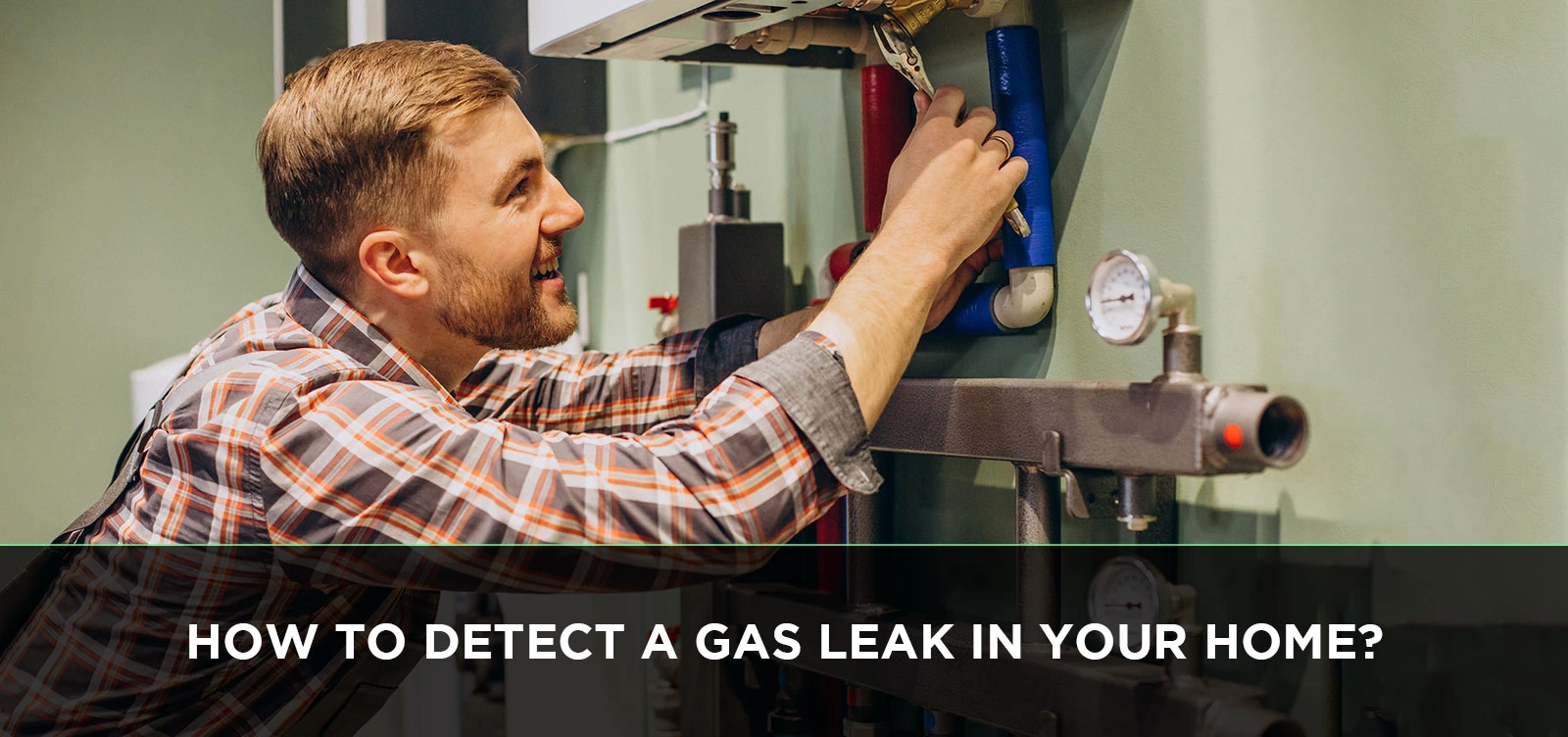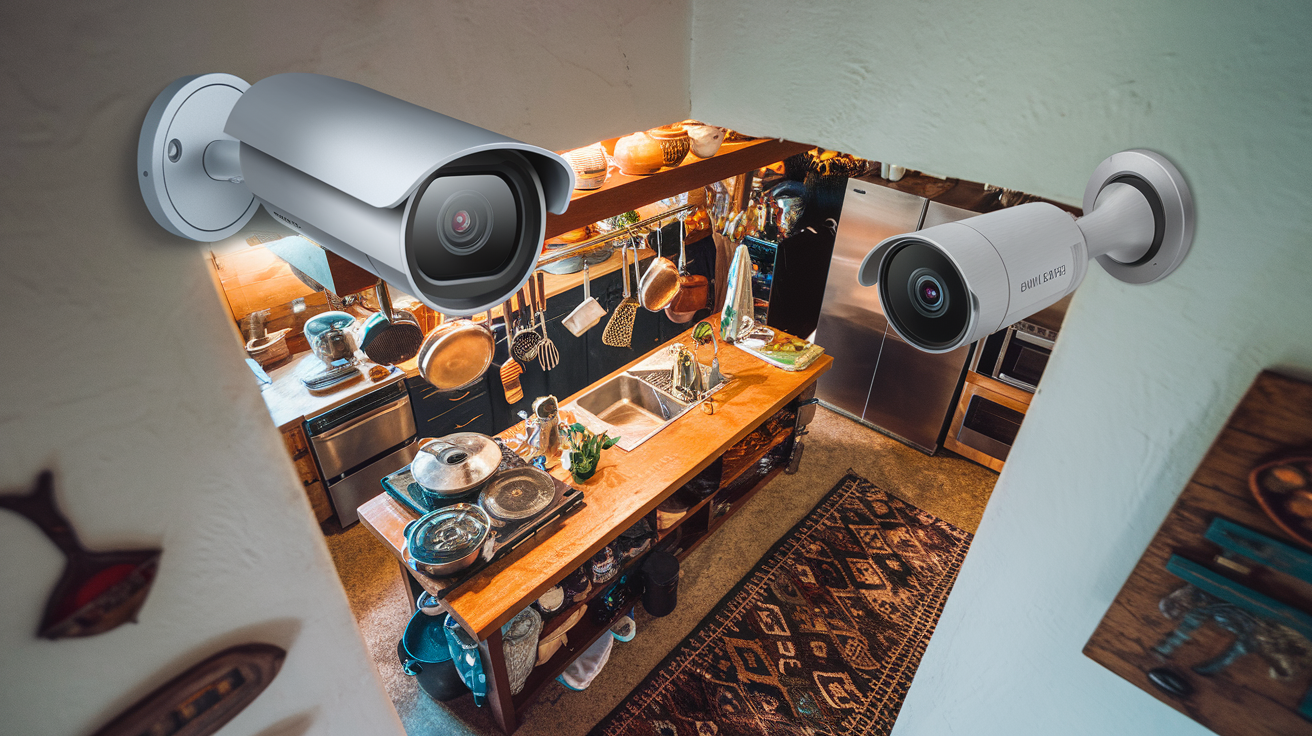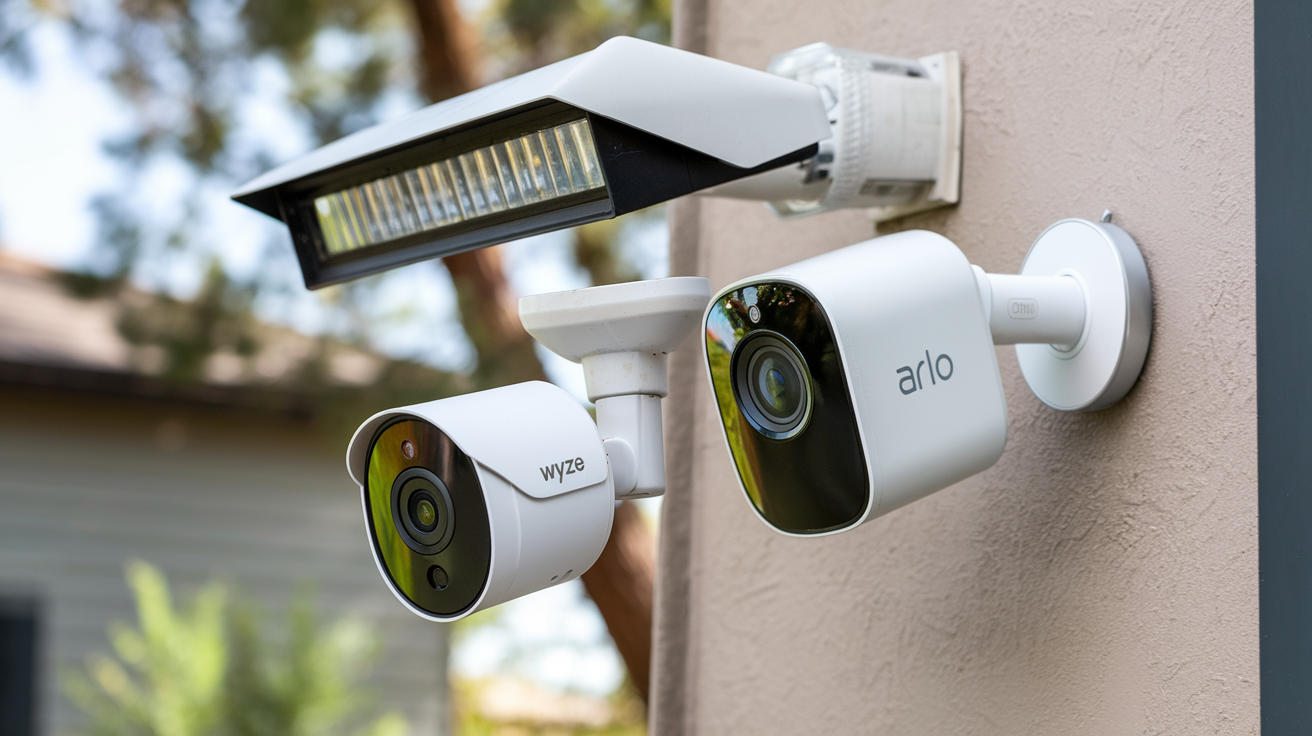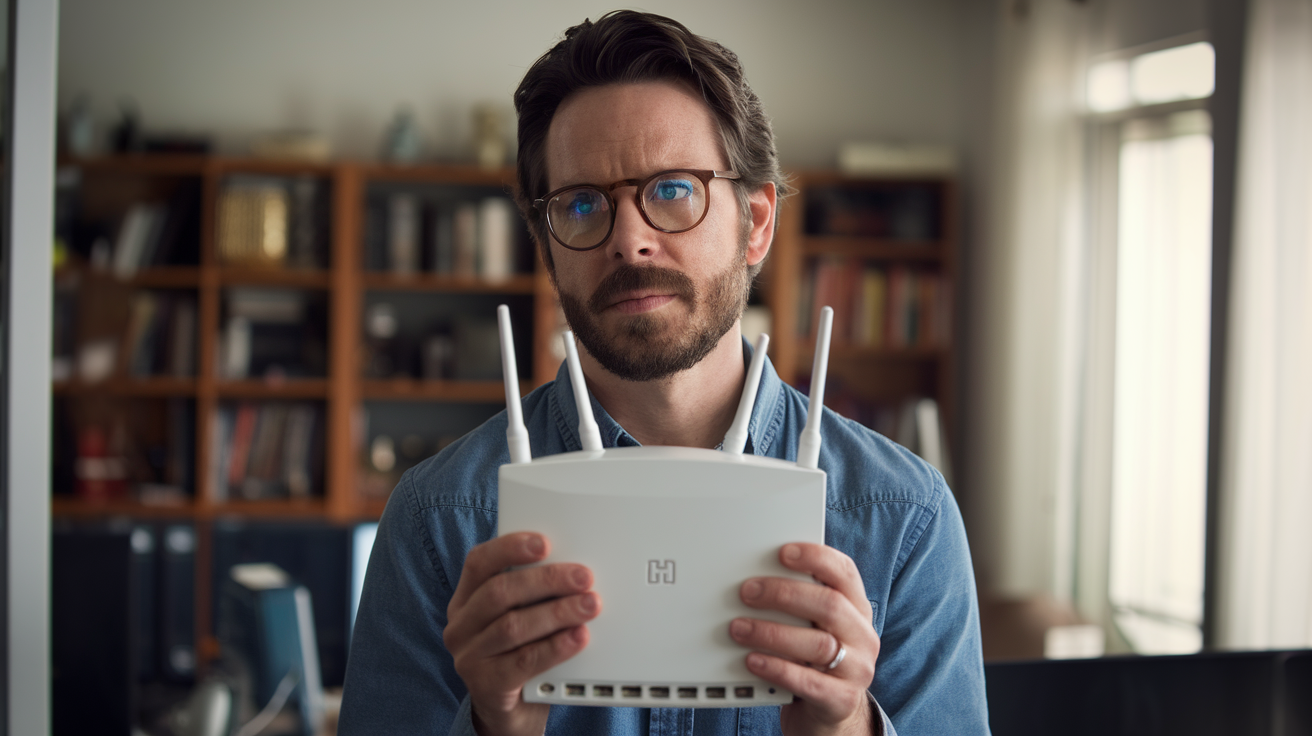Detecting a gas leak in your home is of utmost importance for the safety of you and your loved ones. The smell of sulfur or rotten eggs can indicate the presence of natural gas or propane leaks. But, relying solely on your sense of smell may not be enough. In this, we will explore some factual data and effective techniques to detect gas leaks in your home. From using a handheld natural gas detector to performing a simple soapy water test, you will gain the knowledge and confidence needed to ensure a gas leak-free environment. So, let's dive in and learn how to keep our homes safe from potential hazards.
Signs and symptoms of a gas leak
Signs and symptoms of a gas leak should never be ignored, as they can signal a potentially dangerous situation. Gas leaks, whether caused by faulty appliances, pipelines, or containers, can lead to hazardous situations such as fires, explosions, or even asphyxiation. Recognizing the signs and symptoms is crucial for prompt action and ensuring the safety of individuals and property.
One of the most noticeable signs of a gas leak is the presence of a distinct, unpleasant odor. Natural gas is odorless, but an odorant called mercaptan is added to help easily detect leaks. It is often described as a strong, pungent smell similar to rotten eggs. If you suddenly detect this odor in or around your home, it is essential to take immediate action.
Another visible sign of a gas leak is the presence of a white cloud or fog-like appearance near the gas source. This could indicate that the gas is escaping and condensing into a visible form. Additionally, you may notice dead or dying vegetation in the vicinity of a gas leak, as the gas can have a detrimental effect on plant life.
Furthermore, physical symptoms experienced by individuals can serve as indicators of a gas leak. These symptoms can vary depending on the concentration and duration of exposure. Common symptoms include headaches, dizziness, nausea, difficulty breathing, and fatigue. Individuals may also experience respiratory irritation, such as a sore throat, coughing, or wheezing if exposed to high levels of gas.
In some cases, a gas leak can cause a sudden and unexplained increase in utility bills. If there is no change in usage but the bills inexplicably rise, it could be an indication that gas is leaking somewhere in the property.
How to check for a gas leak?
Gas leaks can pose a serious threat to both property and personal safety. Detecting a gas leak early is crucial in preventing potential disasters. So, how can you check for a gas leak in your home or workplace? Here are some easy steps to follow:
1. Keep your senses alert: One of the most basic ways to check for a gas leak is to use your senses. Be on the lookout for any peculiar smells, such as the rotten egg or sulfur-like odor often associated with natural gas leaks. Also, pay attention to any unusual hissing or blowing sounds coming from gas appliances or pipes.
2. Check for physical symptoms: Gas leaks can lead to various physical symptoms in humans and pets. If you or anyone in your household experiences symptoms like headaches, dizziness, nausea, eye or throat irritation, or fatigue without any clear cause, it is wise to investigate the possibility of a gas leak.
3. Inspect your gas appliances: Regularly inspect your gas appliances for signs of a leak. Look for loose connections, damaged pipes or hoses, or any visible damage or corrosion. Ensure that pilot lights on gas appliances are functioning as expected and have a steady blue flame. A flickering or yellow flame can indicate a problem.
4. Conduct a bubble test: To check for gas leaks in pipes or connections, you can perform a bubble test. Apply a mixture of soapy water to the suspected areas and observe if any bubbles form. If bubbles appear, it indicates a leak, and you should take immediate action.
5. Utilize a gas leak detector: Gas leak detectors are devices specifically designed to identify the presence of natural gas or propane. These handheld devices can be a handy tool for detecting even the tiniest leaks. Follow the manufacturer's instructions and carefully move the detector around gas appliances, fittings, or pipes. It will sound an audible alarm or display a visual indication if it detects a leak.
6. Trust your nose: In some cases, a gas leak may be difficult to detect using conventional methods. If you have exhausted all other checks and still have a suspicion, let your nose guide you. Hire a professional gas leak detection service to perform a comprehensive inspection using specialized equipment.
Carbon monoxide detectors
Carbon monoxide detectors serve as invaluable gas leak detectors, particularly for detecting the presence of carbon monoxide (CO) gas in the surrounding environment. These detectors play a critical role in home safety, as carbon monoxide is a colorless, odorless, and highly toxic gas. By alerting occupants to potential leaks, carbon monoxide detectors help prevent life-threatening situations. Equipped with advanced sensors, these detectors are designed to detect even trace amounts of carbon monoxide gas and sound an alarm to ensure prompt evacuation and appropriate action.
How to prevent gas leaks?
Gas leaks can be extremely dangerous, posing a significant threat to both property and human life. Therefore, taking preventive measures to avoid gas leaks is crucial. By following some simple guidelines and implementing safety precautions, you can minimize the risk of gas leaks in your home or workplace.
Here are some steps you can take to prevent gas leaks:
1. Awareness is Key:
◦ Make sure all occupants of the property are aware of the potential hazards associated with gas leaks.
◦ Educate yourself and others on the signs of gas leaks, such as a distinct odor, hissing sounds, dead vegetation near gas pipelines, or unusual gas bills.
2. Schedule Regular Inspections:
◦ Periodically have a licensed professional inspect and maintain your gas appliances, pipelines, and connections.
◦ Professional inspections ensure that any potential issues are identified and resolved before they turn into major problems.
3. Proper Installation:
◦ Ensure that all gas appliances, such as water heaters and stoves, are installed by certified professionals who follow safety guidelines and local building codes.
◦ Proper installation reduces the risk of gas leaks caused by faulty connections or appliances.
4. Adequate Ventilation:
◦ Ensure that the area where gas appliances are installed or operated is well-ventilated.
◦ Proper ventilation prevents the accumulation of gas and assists in dispersing any potential leaks.
5. Store Flammable Materials Safely:
◦ Keep flammable materials, such as gasoline, solvents, and paints, stored in well-ventilated areas away from gas appliances.
◦ It is essential to avoid storing such materials near a gas line, as they could ignite and cause a gas leak.
6. Avoid DIY Repairs:
◦ Unless you have the necessary expertise, refrain from attempting to repair gas appliances or pipelines by yourself.
◦ DIY repairs can be dangerous and may lead to gas leaks if not handled correctly. Always seek professional help.
7. Install Gas Detectors:
◦ Consider installing gas detectors or alarms in your home or workplace. These devices can detect high gas levels and provide early warnings.
◦ Place the detectors near gas appliances or in areas where gas leaks are most likely to occur, such as basements or utility rooms.
8. Mind the Outside:
◦ Inspect the area surrounding your property for any potential gas leaks, especially near gas meters, valves, and buried pipelines.
◦ Regularly check for dead vegetation or bubbles in standing water, as they could indicate a gas leak underground.
9. Educate Children:
◦ Teach children about the inherent dangers of gas leaks and what to do in case they suspect a gas leak.
◦ Make sure they understand the importance of immediately notifying an adult if they smell gas or notice any signs of a leak.
Conclusion
In conclusion, detecting a gas leak in your home is of utmost importance for the safety of yourselves and your loved ones. Gas leaks can be extremely dangerous and have serious consequences if not identified and addressed promptly. By understanding the signs and symptoms, and implementing preventive measures, you can minimize the risks associated with gas leaks.
By being proactive and knowledgeable, you can effectively detect and prevent gas leaks in your home. Regular maintenance, awareness of gas leak signs, and the use of safety devices can significantly reduce the risks associated with gas leaks. Remember, when it comes to gas leaks, taking immediate action is paramount for the well-being of you and your family. Stay vigilant and prioritize safety in your home.
Call on (888) 805-5456 to get a home security system now!






